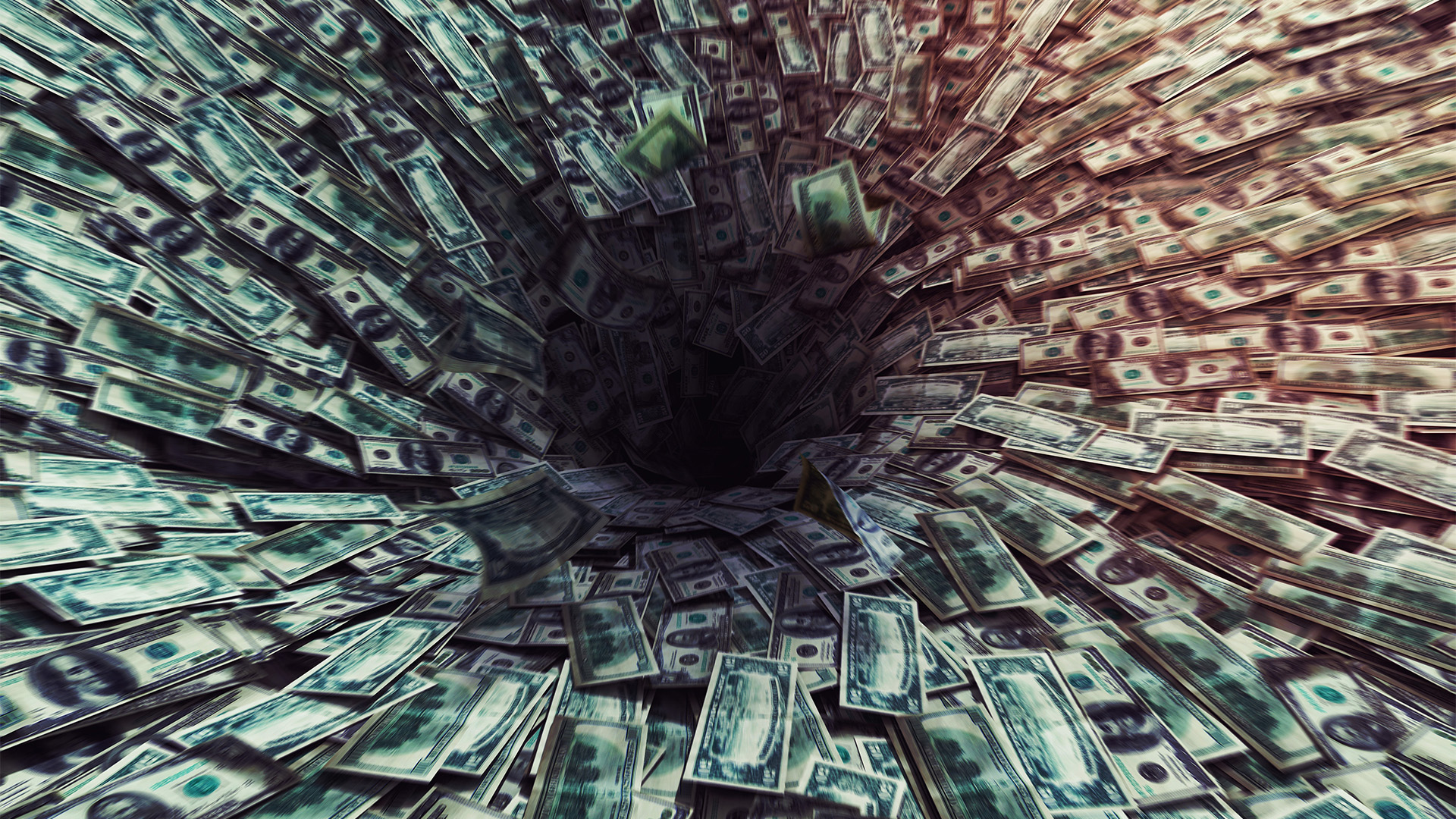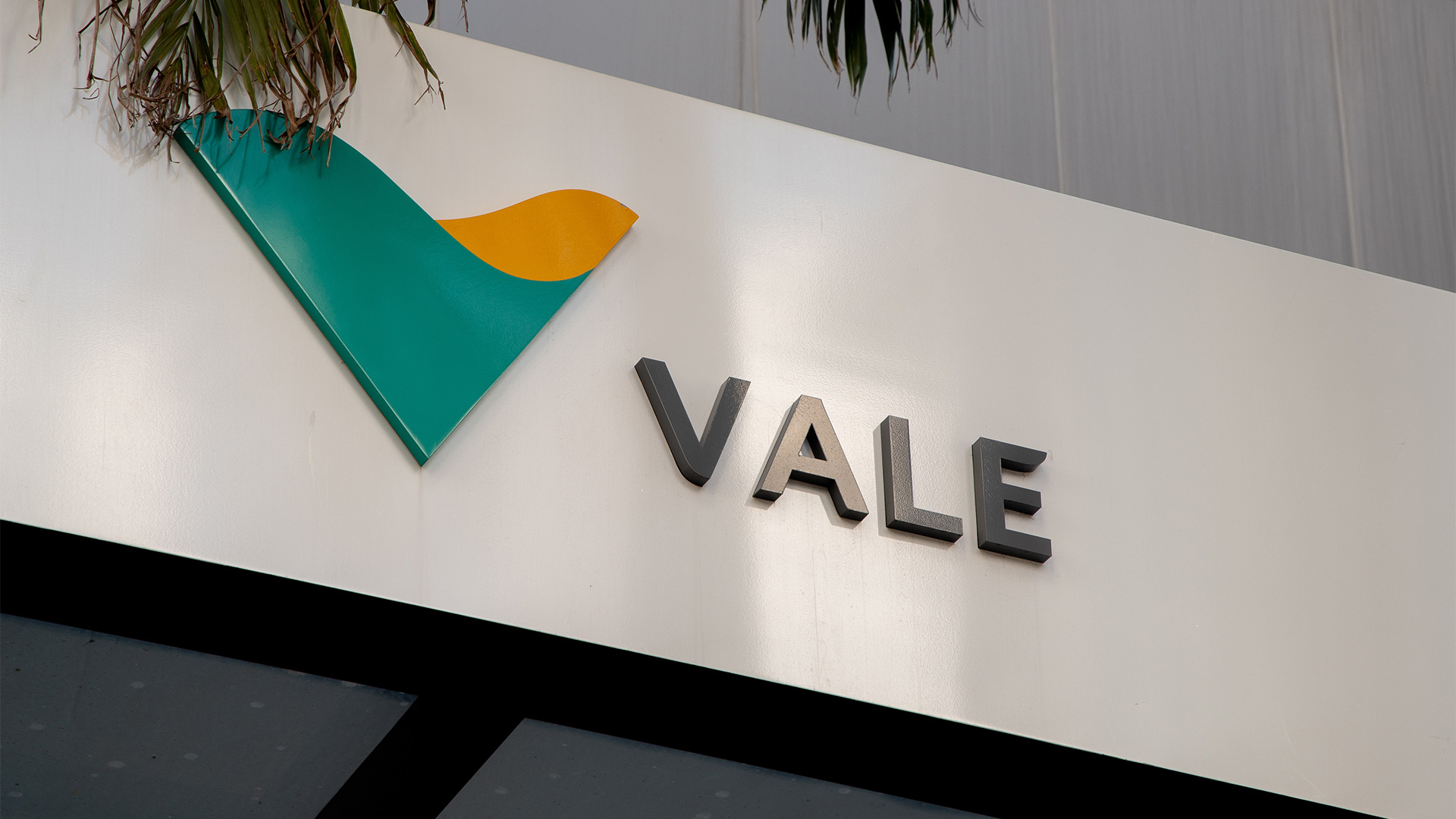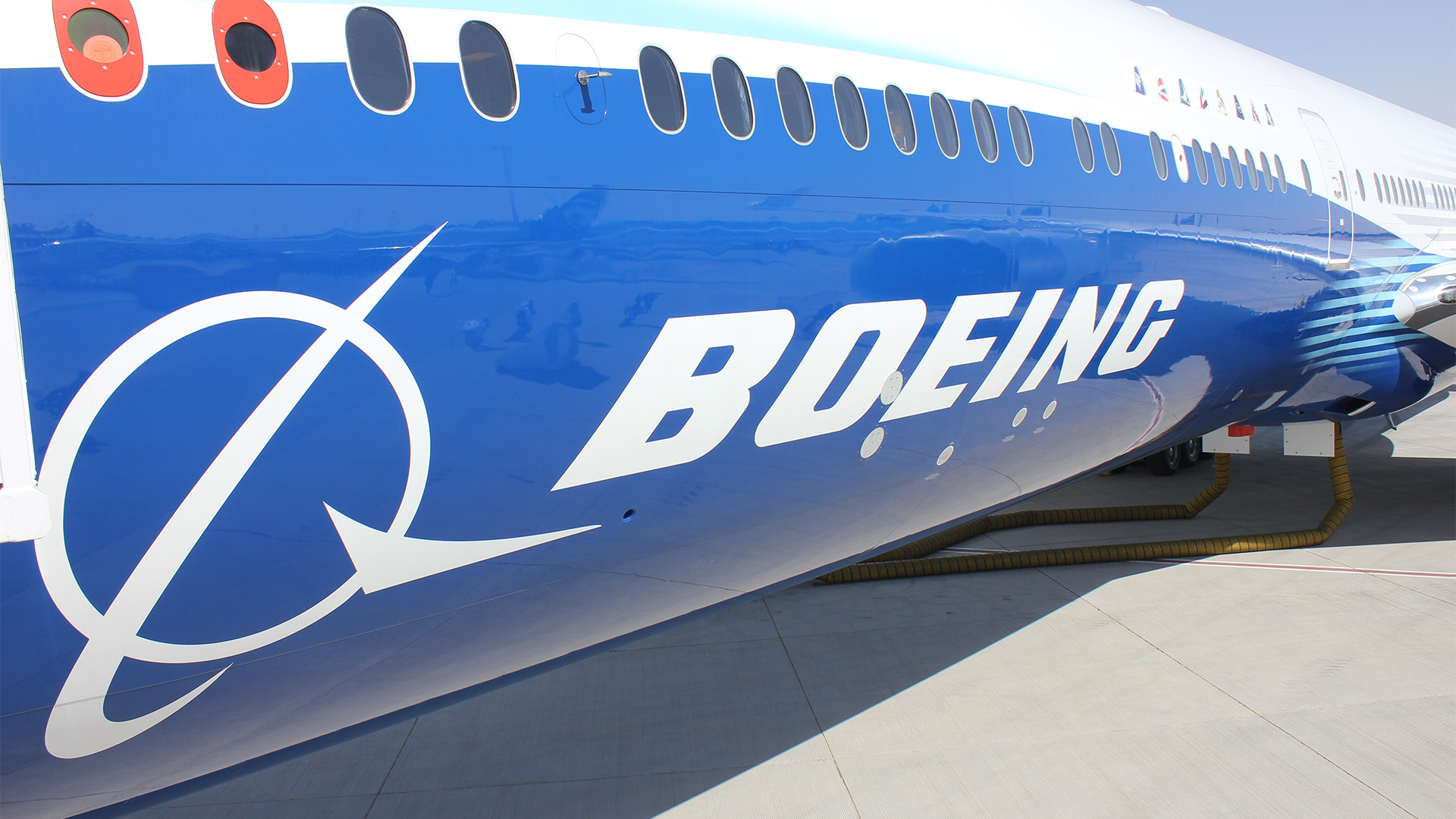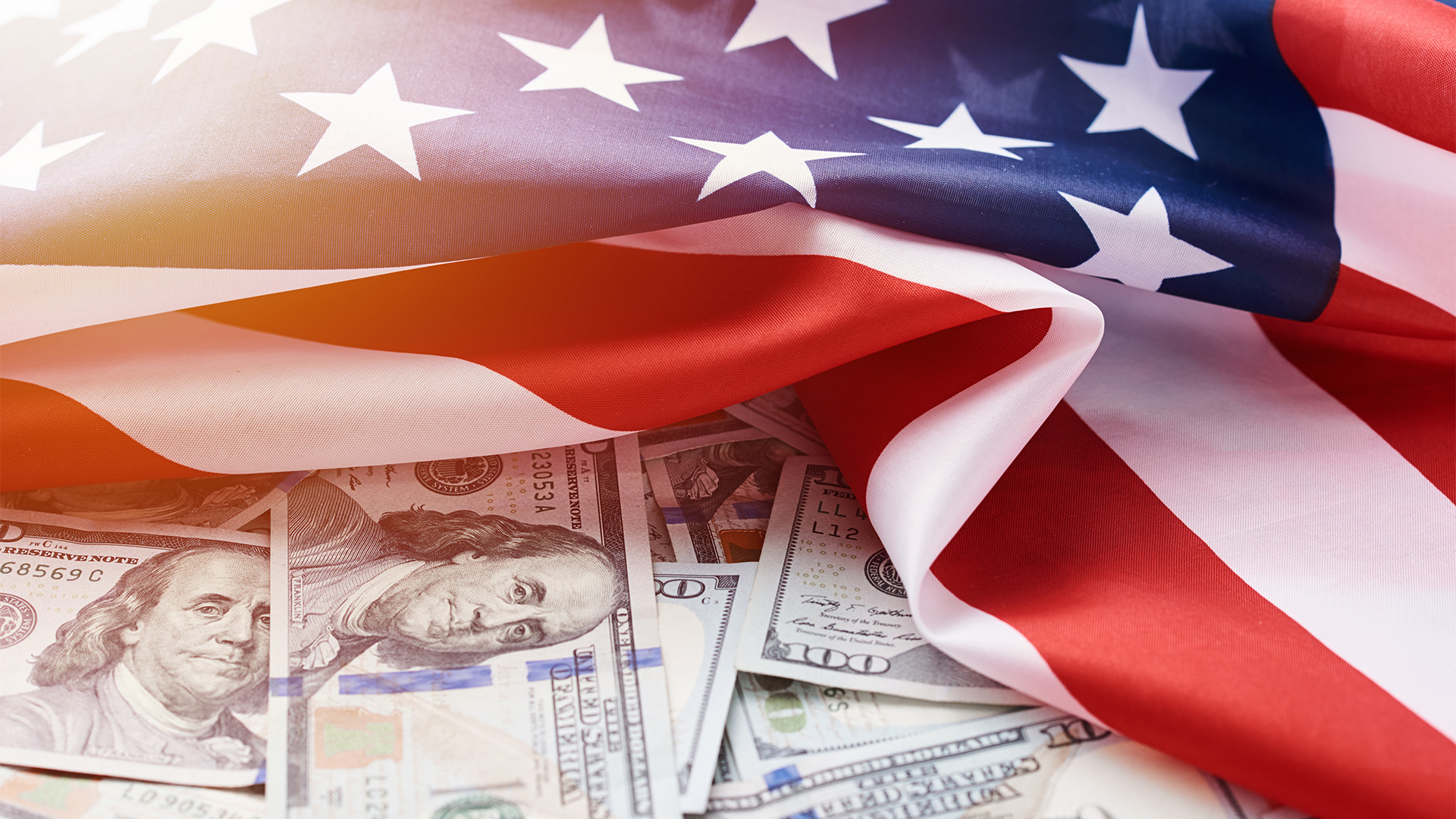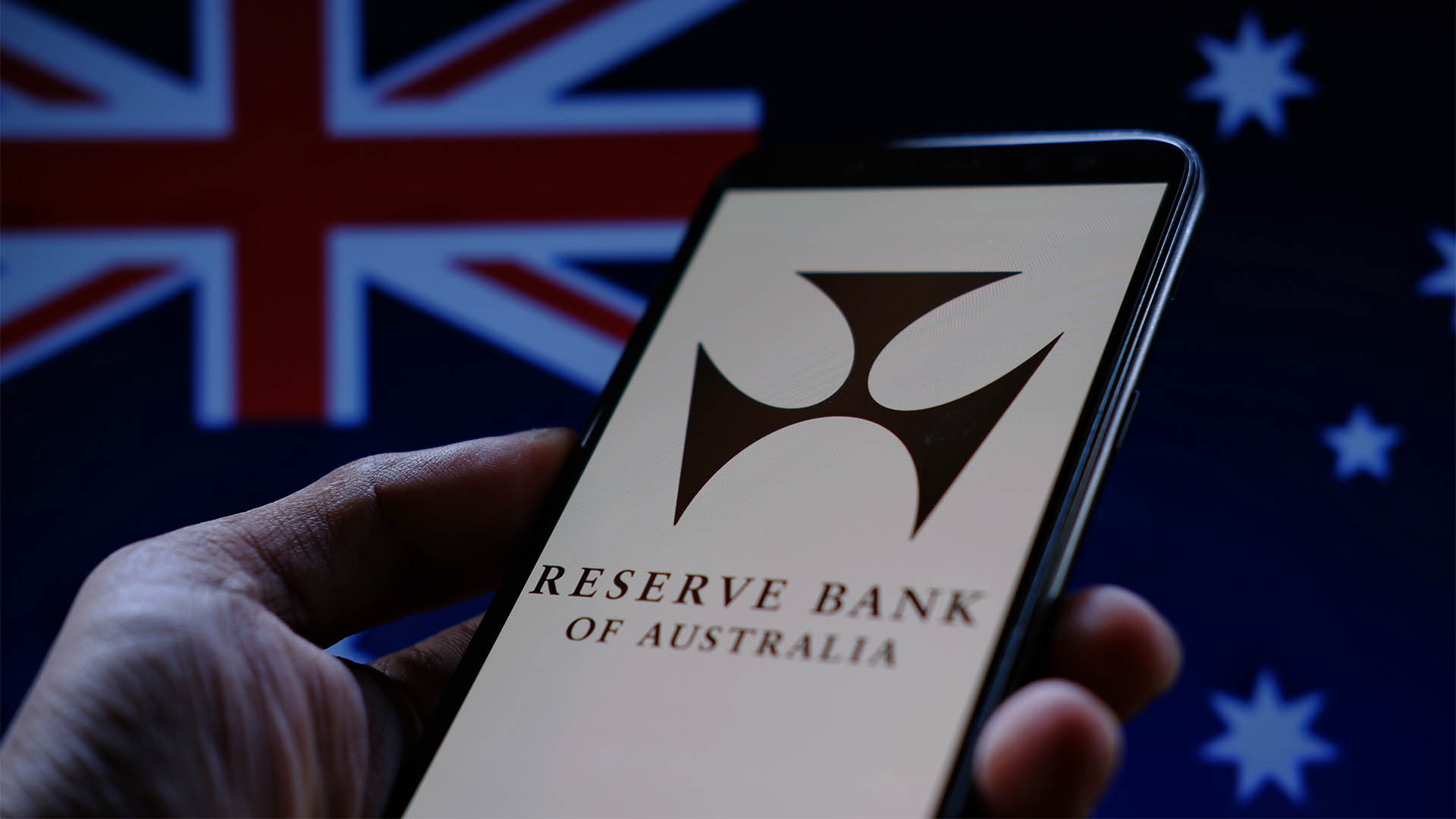Welcome to the newish black hole in China. Usually, it's occupied by someone arrested for corruption or some other breach of security laws, which are all pervasive. This one, however, is called China Evergrande, and it's going to last a long, long time if the forecasts of analysts at the ratings group, S&P Global, are any guide.
In short, S&P Global analysts based in Sydney say that for foreign creditors in the broken property group, getting their money will be like falling into a black hole in space – it has vanished.
And while the late Stephen Hawking found, with his concept of Hawking Radiation, that a black hole loses a little bit of energy, particle by particle over eons of time, foreign creditors of Evergrande will be on a similar drip-by-drip basis.
For all intents and purposes, the billions of dollars lent or invested in China Evergrande are gone, and the full amounts should be written off.
In its report, S&P Global Ratings predicted that China Evergrande's offshore dollar bondholders stand to receive a potentially tiny payout in a complicated process that could take years.
The report from the ratings agency said in-court cash recovery rates were around 2.8%, on average, in offshore default cases of Chinese developers.
The agency said the recovery rate for onshore defaults for the same issuer type is 8.3%.
Evergrande, which has more than $US300 billion in liabilities (the figure was $US328 billion on many business websites on Wednesday), was placed into liquidation by a Hong Kong court on Monday.
"We assume offshore bondholders will get a few cents on the dollar once the liquidation plays out," said Chang Li, S&P Global Ratings' China corporates specialist.
"They will likely have to wait years even for this thin payout."
The future of Evergrande's liquidation process also hinges on the Hong Kong court decision being recognized in mainland China.
S&P Global said Evergrande, as the offshore entity and a shareholder of the broader group, would only be paid after onshore creditors if its onshore entities were liquidated.
In its court arguments, Evergrande cited a Deloitte analysis in July that estimated a recovery rate of 3.4% if the developer were liquidated.
However, after Evergrande said in September its flagship unit and its chairman Hui Ka Yan were being investigated by the authorities for unspecified crimes, creditors now expect a recovery rate of less than 3%.
"The offshore parent, which is being liquidated, can only get repaid by extracting cash flow from the onshore entities, such as through dividends, the repayment of shareholder loans, or by selling equity," the S&P report said.
"This is a moot point as the company is in a financial deficit."
Alvarez & Marsal has been appointed as Evergrande's liquidator and said in a statement to Reuters it would start meeting with Evergrande's staff to begin a process.


